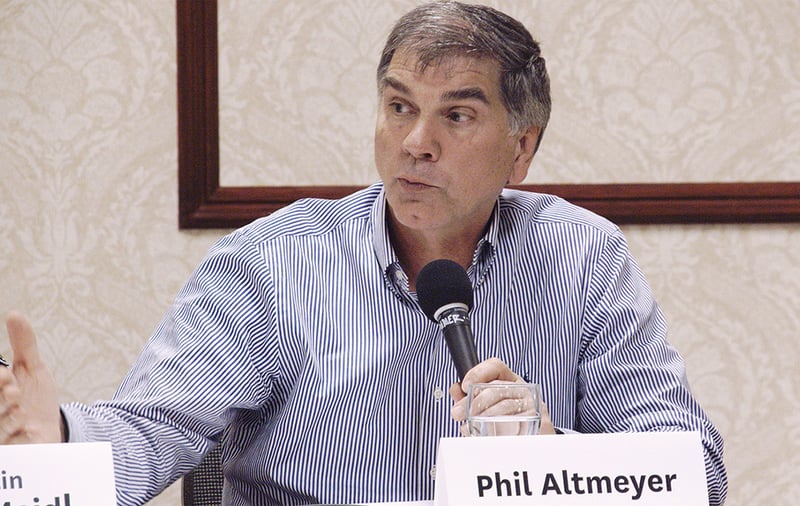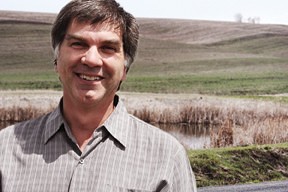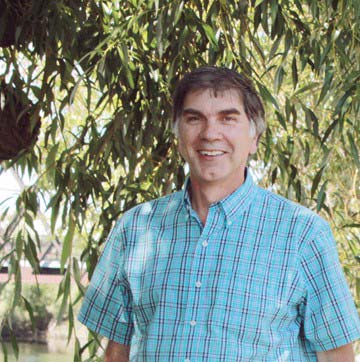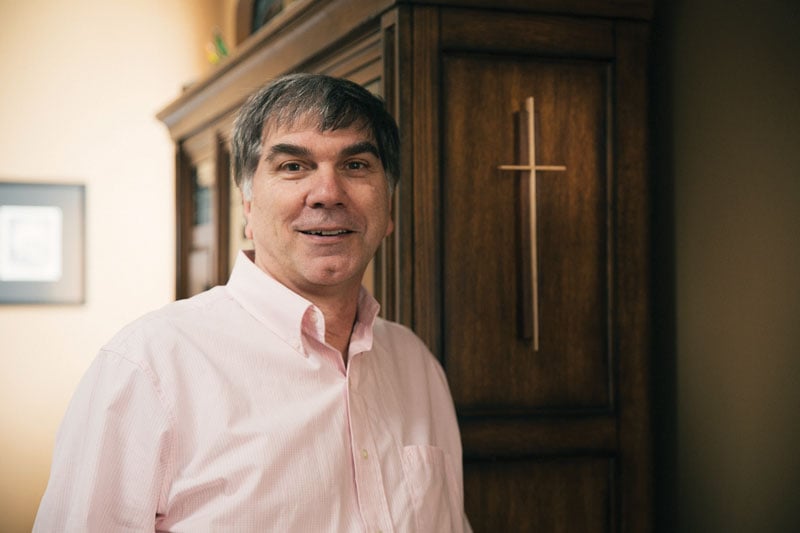2 min read
Gospel-Centered from the Start
“Let us hold unswervingly to the hope we profess, for He Who promised is faithful…Jesus Christ is the same yesterday, today, and forever.” (Hebrews...
 In his book “When Helping Hurts,” Dr. Brian Fikkert explains the far-reaching consequences of defining poverty incorrectly. He likens it to a doctor misdiagnosing an illness. Say you go to your general practitioner with chronic headaches, and the doctor gives you a pain reliever to treat the symptoms. But, in reality, the headaches were caused by a brain tumor. The doctor has not only not helped the problem, he’s made it worse by delaying the treatment you actually need.
In his book “When Helping Hurts,” Dr. Brian Fikkert explains the far-reaching consequences of defining poverty incorrectly. He likens it to a doctor misdiagnosing an illness. Say you go to your general practitioner with chronic headaches, and the doctor gives you a pain reliever to treat the symptoms. But, in reality, the headaches were caused by a brain tumor. The doctor has not only not helped the problem, he’s made it worse by delaying the treatment you actually need.
In America, we have defined the problem of homelessness as being without a home, and we have therefore seen the solution as one of shelter, food and clothing. No doubt, the word itself is part of the problem, seeming to provide its own definition. But I want to suggest to you that homelessness is a symptom of much more complicated issues, and by ignoring those deeper issues, we are actually making the problem worse. Additionally, I want to point out that the word “homeless” has become a catch-all for people in very different situations.
Let’s start with that last idea. People see panhandlers and think “homeless.” People see addicts and transients in downtown Spokane and think “homeless.” And then these images begin to color their perceptions about people experiencing homelessness. “They’re all addicts. They don’t care about personal property. They’re going to use every dollar they get for drugs and alcohol.”
Not every person experiencing homelessness can be painted with the same brush. The reasons for homelessness are as diverse as the people themselves, but there are at least three broad categories: 1) people who want help; 2) people who want help but don’t know how to get it; and 3) people who simply do not want help unless it’s on their terms. UGM is here to help people in the first two groups. Don’t let the people in the last group harden your heart toward those who want and need our help.
Now, let’s see if we can’t better define what “homelessness” is. Homelessness is not simply being without a home. You may have heard it said that we are all one crisis, one lost job away from homelessness. But are we? Most of us have support networks, families, perhaps even savings to keep us from the streets.
People who end up with nowhere else to go are suffering from brokenness. Either they have no families, their families have rejected them or they have burned all their bridges.
One of the keys to ending homelessness is healthy relationships. Relationships with people who are not homeless, people who can provide love, support, direction and accountability. Through your support, UGM is able to build those types of relationships with the people coming through our doors. Along with food, shelter, medical care, clothing and a wealth of other resources, UGM offers what broken people really need – connection to God and other people.
You make it possible for us to provide hope.

2 min read
“Let us hold unswervingly to the hope we profess, for He Who promised is faithful…Jesus Christ is the same yesterday, today, and forever.” (Hebrews...

9 min read
To celebrate 75 years of serving the Inland Northwest, we are spending the year remembering our history and the faithfulness that built us and...

2 min read
In 2026, Union Gospel Mission Inland Northwest is approaching our 75th Anniversary! This is a milestone that invites gratitude and reflection, and...
 Read More
Read More

“I have come that they may have life, and that they may have it more abundantly” (John 10:10, NKJV).

What better phrase to describe one’s life than the one God used to describe David, “a man after my own heart.” What do we know about God’s heart? How...